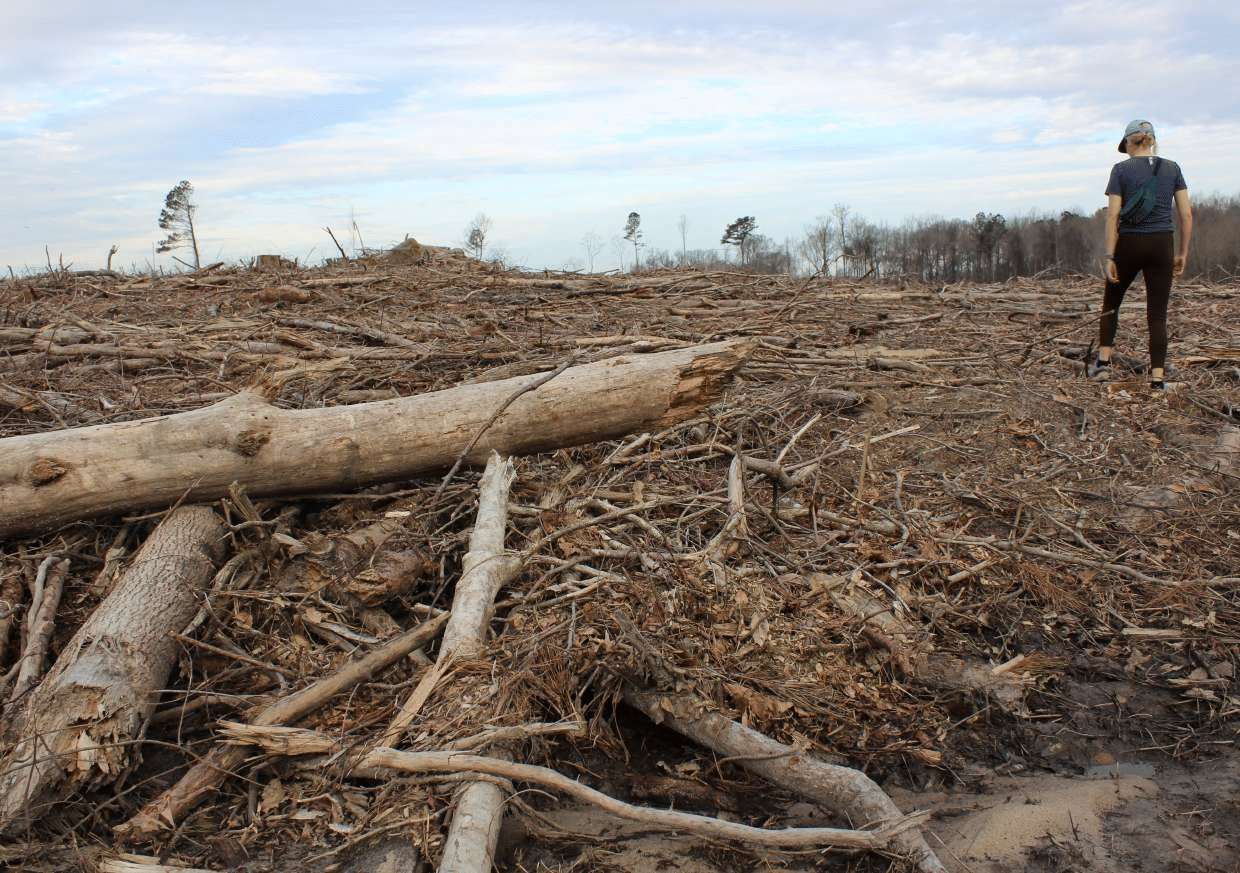Este informe se ha publicado conjuntamente por la Coalición Mundial por los Bosques y nuestro grupo miembro con sede en el Reino Unido y Estados Unidos, Biofuelwatch. En él, analizamos los esfuerzos para implementar normas de sostenibilidad y gases de efecto invernadero para la bioenergía de madera en Europa y América del Norte, y mostramos que no han sido una herramienta eficaz para evitar o incluso reducir los impactos negativos de la energía de biomasa en el clima, los bosques, la biodiversidad y las comunidades. El informe concluye que poner fin a las subvenciones y otros incentivos para la energía de biomasa sería mucho más eficaz.
Continuar leyendo en ingles…
Summary:
Greenhouse gas and sustainability standards have been in place for liquid biofuels for several years (especially in the EU and, in the case of greenhouse gas standards only, the USA). Some countries, such as the UK and the Netherlands, have adapted this approach to subsidised wood-based bioenergy and others, such as Denmark, are considering doing the same.
This briefing explores whether there is any evidence that such an approach could, if not rule out, then at least mitigate adverse impacts of biomass subsidies on forests and the climate. Although the briefing does not discuss impacts on communities, the destruction of forests has devastating impacts on people who depend on forests for their livelihoods, for clean water, for protecting them from extreme weather, or simply for their enjoyment of nature. Expansion of monoculture tree plantations causes widespread land-grabbing in the global South and drives the destruction of forests and other natural ecosystems as well as displacing food production worldwide. Women are particularly affected by these impacts as they tend to be more dependent upon the non-monetary resources found in forests and they tend to have weaker land tenure rights. They are also disproportionally affected by climate change itself.
We start off by looking at whether biomass sustainability and greenhouse gas standards can minimise harm to the climate. As 800 scientists have said, the life-cycle greenhouse gas emissions of wood-based bioenergy are not in any way related to forest management practices. Introducing ‘sustainable forest management’ standards for biomass does nothing to protect the climate. So far, all biomass greenhouse gas standards introduced use a methodology that does not take any account of the carbon released when burning wood, nor the carbon lost when forests are logged, nor of the carbon that will no longer be sequestered because trees have been logged and burned for energy. Scientists and environmental NGOs have called for greenhouse gas standards based on a far more credible methodology. The possibility of developing and implementing such an approach is discussed in detail. The obstacles to such an endeavour are found to be formidable: there is no scientific consensus about how best to account for emissions linked to bioenergy, and scientific studies suggest that life-cycle emissions vary according to ‘counterfactuals’, i.e. assumptions about what else might happen to a forest or tree plantation or to wood residues in the absence of a demand for bioenergy. Even if those obstacles could be overcome, greenhouse gas standards could still not address the all-important indirect impacts of biomass energy, caused by increasing the overall demand for wood.
Another approach that has been put forward by many environmental NGOs is to introduce biomass standards that limit wood use to residues. However, there is no internationally accepted definition of ‘wood residues’ and, furthermore, forestry companies have long countered critics by describing large volumes of roundwood as ‘low-grade wood and residues’. Even if industry could be held to a strict definition of residues, the use of forest industries for energy would still result in carbon emissions incompatible with the need to stop climate change from escalating further. Furthermore, pushing up the demand for residues and waste wood would divert it from existing markets, thus pushing up overall demand for wood and thereby logging rates.
The next fundamental problem explored is that of credible verification and auditing, especially with regards to often highly complex international supply chains. Sustainability and greenhouse gas standards – just like voluntary certification programmes – outsource auditing and verification to private companies chosen and paid for by the energy or forestry company looking for a certificate. Commonly, ‘verification and auditing’ relies entirely on trails of paperwork, with no site visits involved. In the Netherlands, a large biodiesel producer was recently found guilty of fraud: Biodiesel Kampen had fraudulently declared biodiesel feedstock – likely virgin palm oil – as Used Cooking Oil in order to take advantage of higher incentives. The company succeeded in obtaining a certificate from a widely recognised voluntary certification scheme that also certifies ‘sustainable biomass’, ISCC. Although ISCC was not responsible for the fraud, the case exposes the lack of due diligence and safeguards against fraud. Such fraud can happen at any part of a supply chain. Exposing false declarations about the sourcing of biomass imports would be far harder than discovering the
type of fuel used (as in the case of Biodiesel Kampen).
Next, the briefing looks at the serious challenges that would be involved in developing and implementing bioenergy standards which were robust enough to stop certain subsidies for certain sources of imported wood. Such measures would likely trigger challenges under the World Trade Organisation and other multi- and bilateral trade agreements. Fear of such challenges led to the EU not agreeing to Indirect Land Use factors or to social standards for biofuels.
Finally, a brief examination of biomass use in the UK and the Netherlands, where mandatory sustainability and greenhouse gas standards have been enacted, shows that those have not even prevented energy companies from sourcing wood pellets from Enviva, a company shown to routinely source wood from the clearcutting of highly biodiverse forests in the Southeastern USA. Introduction of standards has not led to any known changes in pellet and wood sourcing practices
Sustainability standards have not been shown to be an effective tool for avoiding or even reducing the negative impacts of biomass energy on the climate, on forests, on biodiversity and on communities. Unless subsidies and other incentives for biomass energy are abolished, there is no credible mechanism for preventing it from aggravating climate change and speeding up the destruction of forests worldwide.




